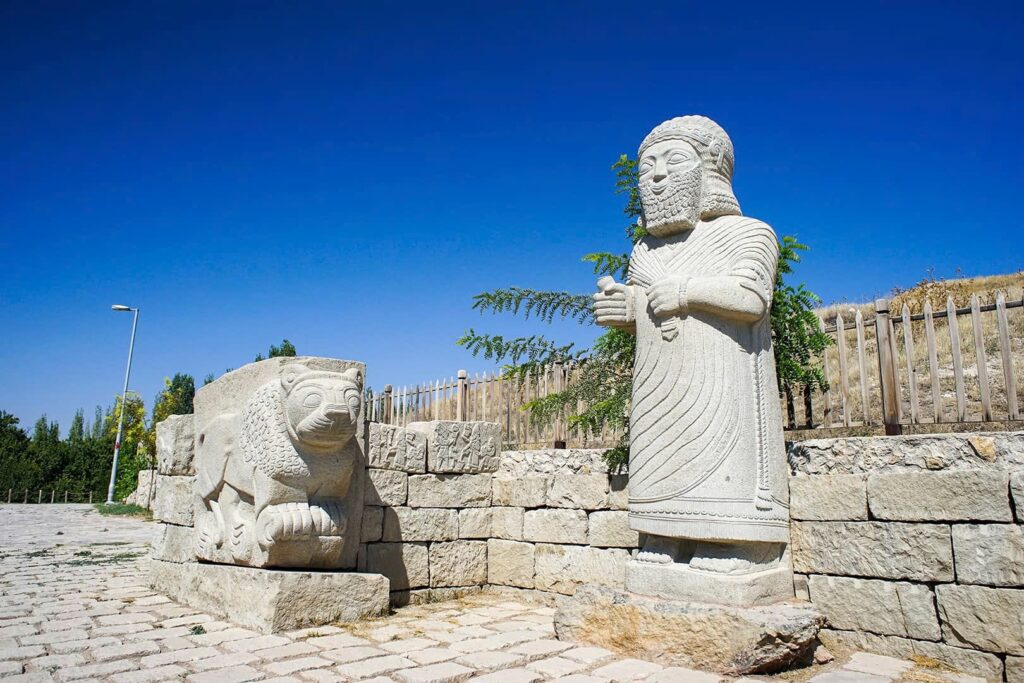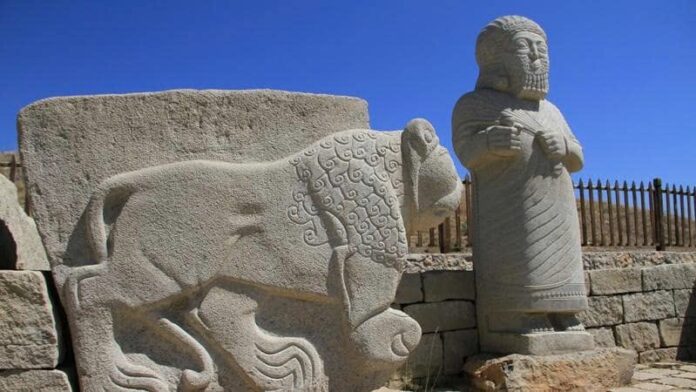A Journey Through 8,000 Years of Human Civilization
The Rise of Arslantepe: From Prehistoric Mound to World Heritage Site

In a momentous decision, the UNESCO World Heritage Committee has added Turkey’s Arslantepe Mound to its prestigious World Heritage List. This 30-meter-high archaeological wonder, whose name translates to “Lion Hill,” has been a silent witness to over 8,000 years of human history.
A Crossroads of Ancient Civilizations

Nestled on the Malatya plain, just 5 kilometers from the city center and 15 kilometers from the Euphrates River, Arslantepe spans an impressive 4 hectares. Its strategic location at the intersection of major Near Eastern civilizations has made it a treasure trove of archaeological discoveries.
Unraveling the Secrets of Early State Formation

For more than five decades, archaeologists from Rome’s Sapienza University have meticulously excavated the site, unearthing a wealth of artifacts that tell the story of humanity’s journey from prehistoric times to the late Roman period. These findings have shed light on crucial stages in human development, including:
- The birth of hierarchical societies
- The emergence of centralized political and economic systems
- The origin of bureaucracy and its first working system
- The rise of systematic control over human labor
A Testament to the Birth of Power and State
Arslantepe’s significance extends beyond its borders, offering invaluable insights into the origin of power structures and state formation not only in Mesopotamia but also in the broader Euphrates region of Eastern Anatolia.
Turkey’s Growing UNESCO Heritage

With the inclusion of Arslantepe, Turkey now boasts 19 sites on the UNESCO World Heritage List, further cementing its status as a country rich in historical and cultural significance.
As visitors walk the grounds of Arslantepe, they can now do so with the knowledge that they are treading on a site recognized globally for its exceptional testimony to human history – a place where the foundations of our modern world were laid millennia ago.

